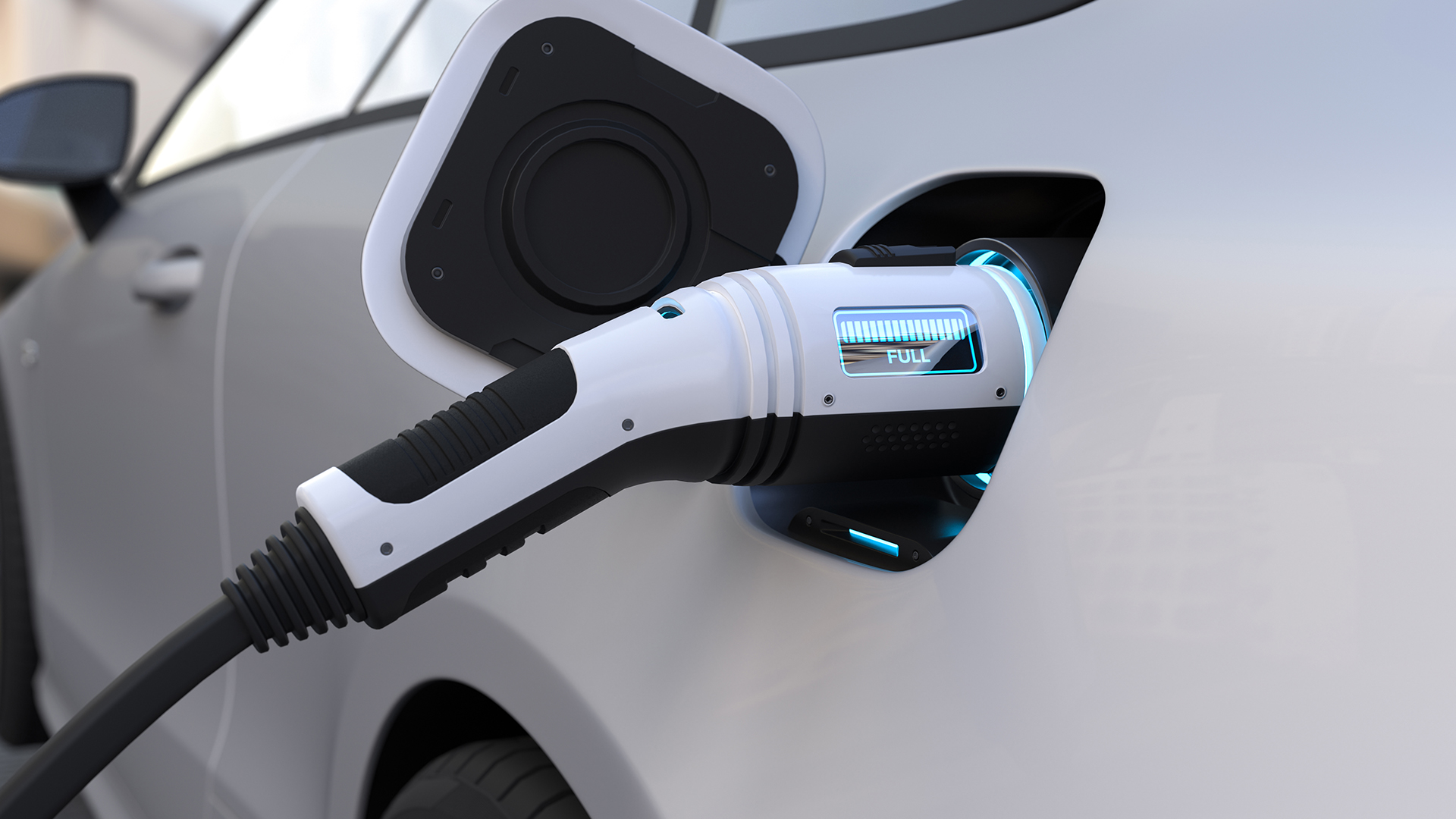The existence of electric vehicles is now rampant in the market. This is in line with the increasing public awareness of the use of environmentally friendly cars.
Cars with internal combustion engines are claimed to be a contributor to carbon dioxide emissions, so consumers are slowly migrating to electric cars.
The presence of electric cars seems to be a new color in the automotive world today. A number of giant car manufacturers are trying hard to create the latest innovations. In addition, new car manufacturers that specifically produce electric cars have emerged, such as Byton, Canoo, NIO and Rivian.
If you plan to buy an electric vehicle to help reduce carbon dioxide emissions, make sure you know the ins and outs about electric cars. At a minimum, you should know new terms in the electric car technology dictionary. Here are five electric car terms you need to know:
1. Power
In the United States, car manufacturers often refer to the power of electric cars in horsepower units. This designation is equated with the type of conventional car or internal combustion engine. Apparently, the unit of electric car power can be called in kilowatts. One kilowatt equals 1.34 horsepower.
2. Battery capacity
The battery in an electric car serves as a driving force that contains energy. Battery capacity is the time in hours that the battery can discharge in kilowatts. For example, smaller electric cars with a range of 200 miles or more often have a battery of around 60 kilowatts. That means they can provide 30 kilowatts (or about 40 horsepower) for two straight hours.
3. Battery charging type
Today, most electric car power comes from batteries charged either at home or at work. There are two types of charging, the first, called Level 1, uses a standard 120-volt outlet. The second, called Level 2, uses a more powerful 240-volt circuit.
4. MPGe
Miles Per Gallon Equivalent or MPGe is a measure of how far an electric car can travel with the energy contained in a gallon of gasoline. This is a measure of the efficiency of an electric car to assess the comparison of the efficiency of a gasoline-fueled car in MPG. The MPG number will usually appear on the window sticker and in the car and driver specification table.
5. Hybrid
A car that integrates a conventional engine and an electric motor to increase engine efficiency. Charging the battery is done by the ICE engine (Internal Combustion Engine), in which the driver does not need to charge the battery by plugging it into the mains supply. Hybrid cars can offer greater fuel economy than conventional types of cars.

